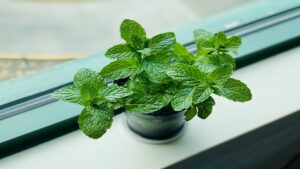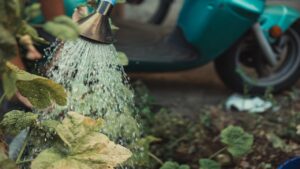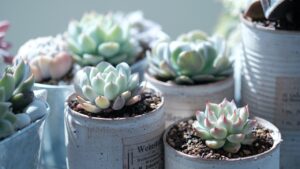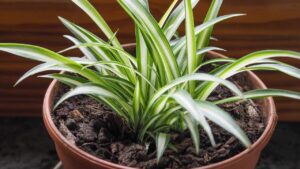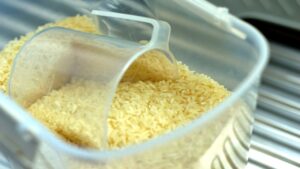Don’t Eliminate This Plant Too, It’s a Great Resource
Nettle is a herbaceous plant often considered a weed due to its stinging action. However, this plant also offers numerous benefits. In this article, we will teach you how to harness some of them by preparing nettle macerate.
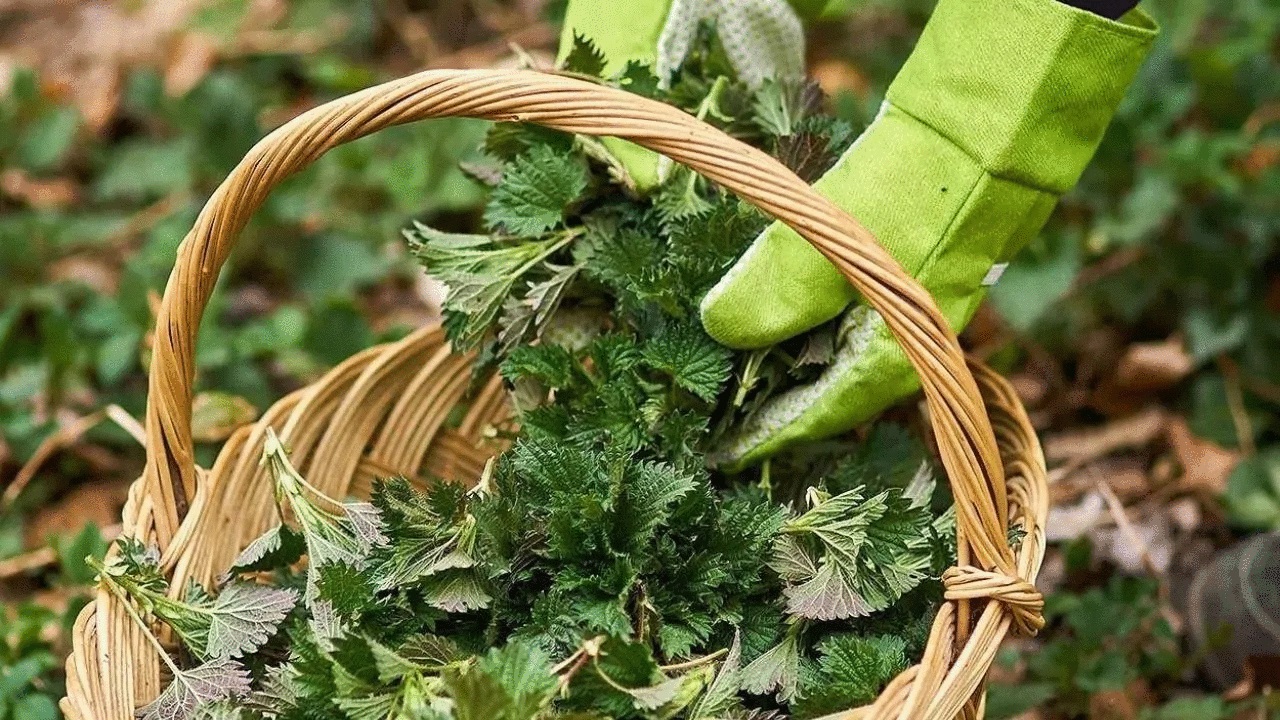
How to prepare nettle macerate
Nettle macerate is created by fermenting nettle leaves in water. To prepare it, take 1 kg of fresh nettle leaves or 200 grams of dried nettles and immerse them in 10 liters of tap or rainwater. Leave the mixture to macerate for 15 days, preferably outside, as it can produce a strong odor. Do not cover it. Once the allotted time has passed, strain it using gauze or a jute net and transfer it to a container with a lid.
Nettle macerate is a fantastic natural pesticide and fertilizer for plants due to its numerous beneficial properties. This natural preparation is widely used in organic farming to shield plants from pests and supply them with essential nutrients for robust and healthy growth.
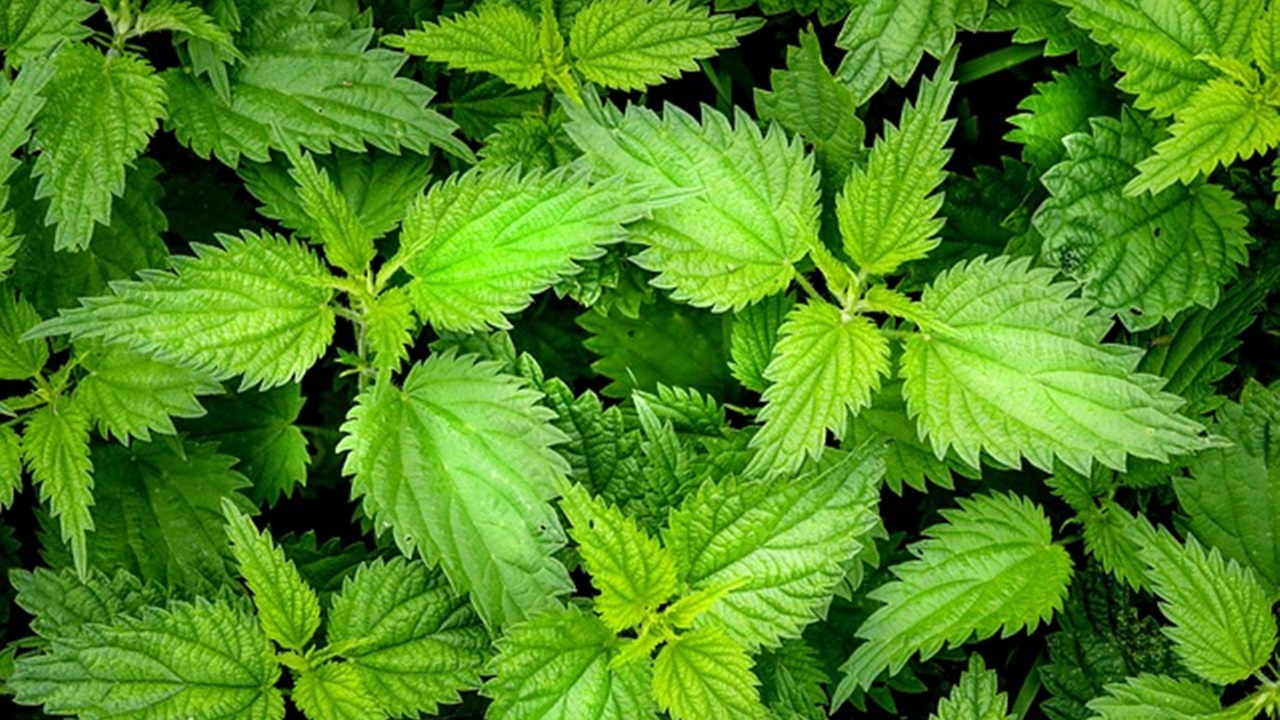
Nettle macerate contains formic acid, acetic acid, and silicic acid, which have a repellent effect on harmful insects like aphids and spider mites. Additionally, it contains substances like chlorophyll and copper, which help prevent the onset of fungal diseases such as downy mildew, gray mold, and rust in plants.
Nettle is rich in essential nutrients, including nitrogen, potassium, phosphorus, iron, calcium, magnesium, and vitamin C. Thanks to these valuable nutrients, nettle macerate serves as an excellent plant fertilizer. It enhances root strength, improves plant growth, and increases disease resistance. Nettle is readily available, even in the wild, but you can also cultivate it in your garden or a pot. It’s a highly renewable plant, capable of regrowing multiple times throughout the season when cut.
